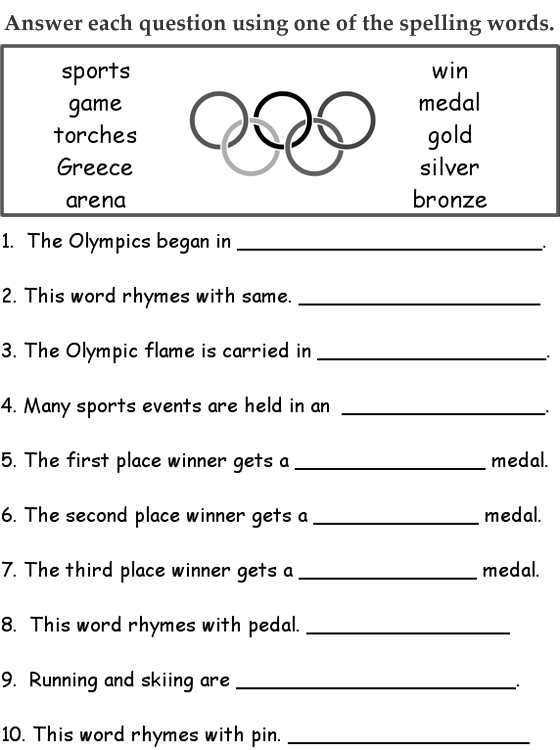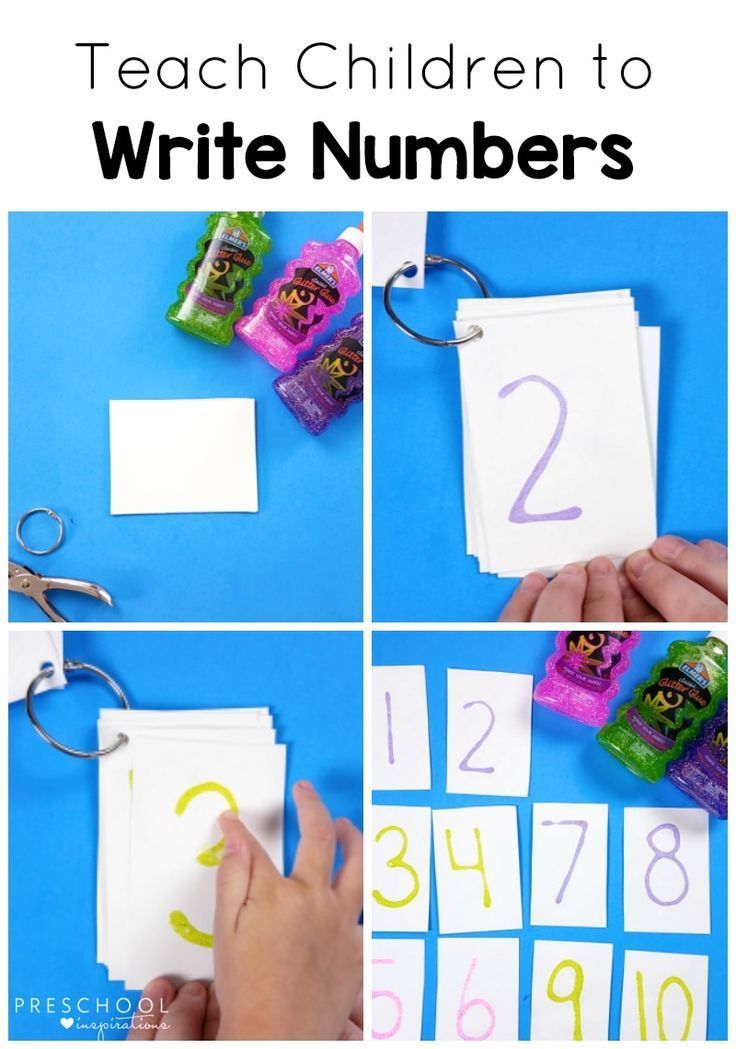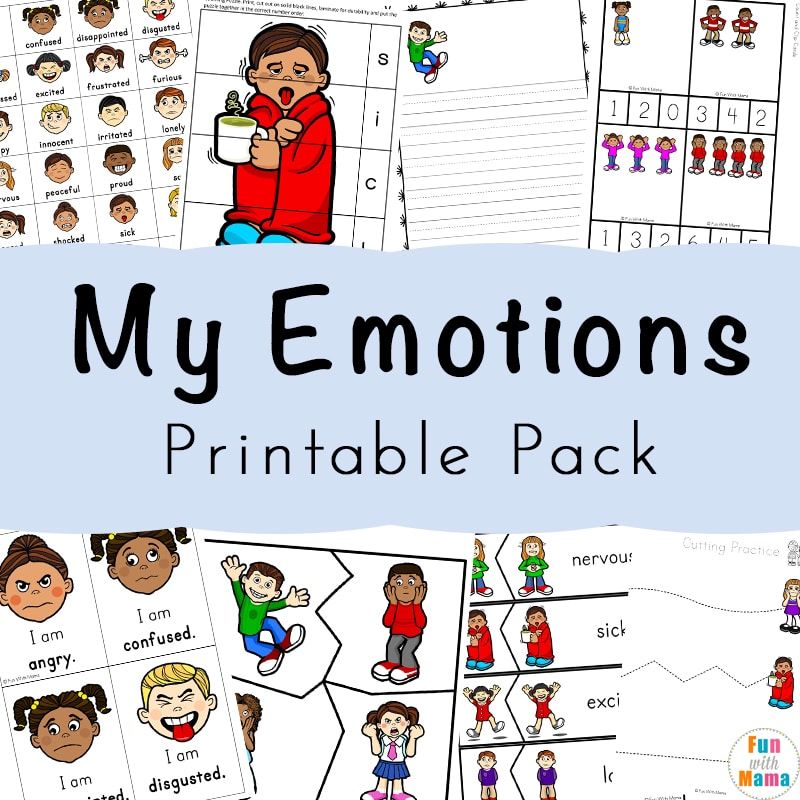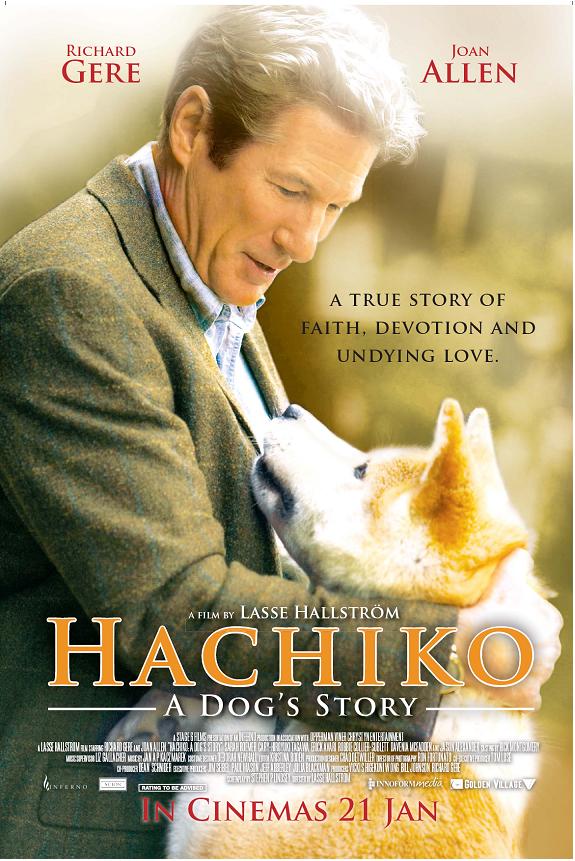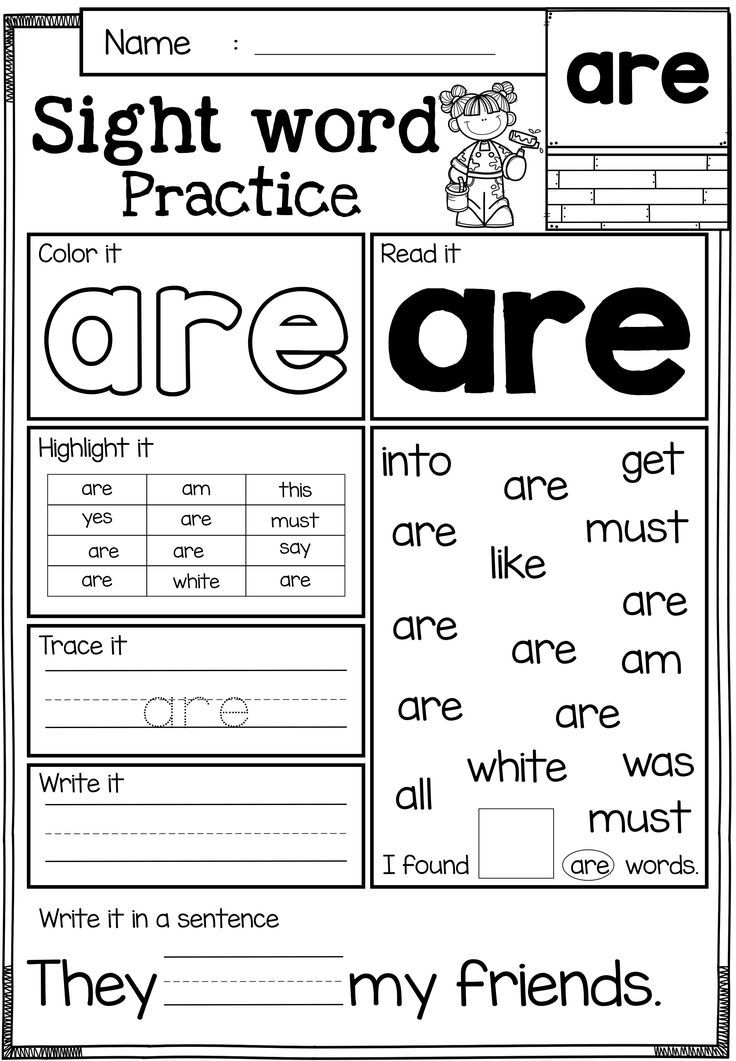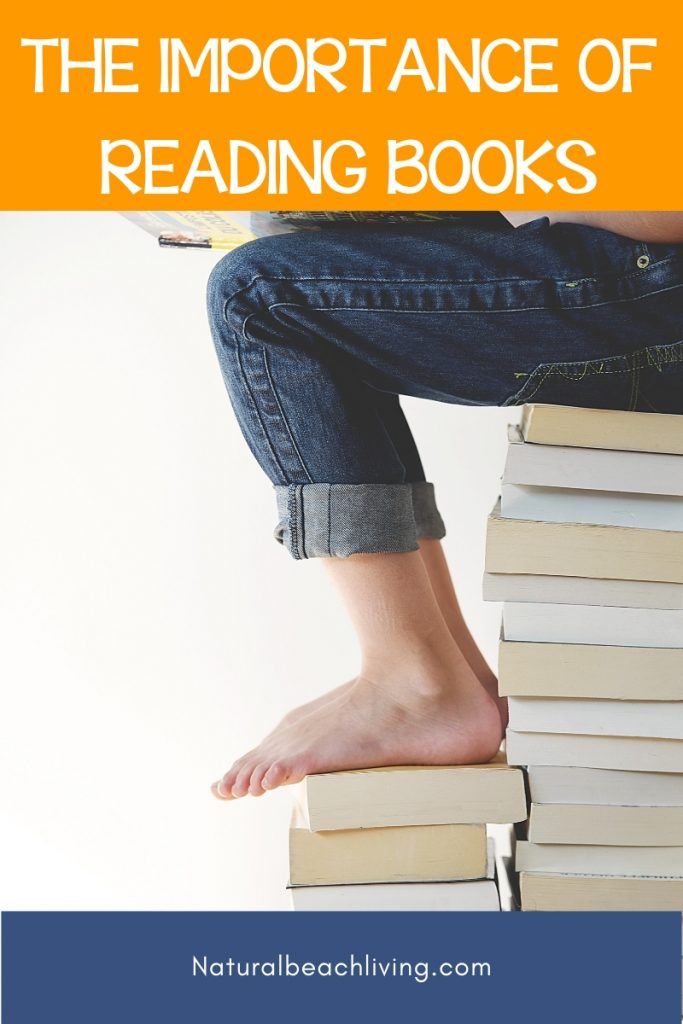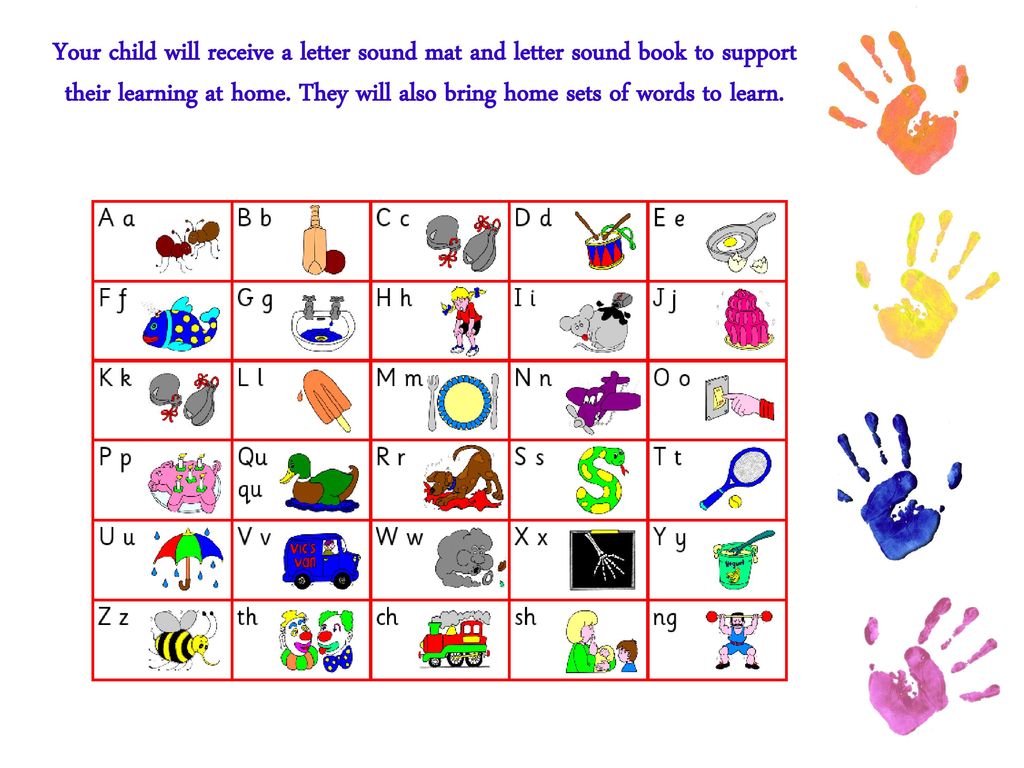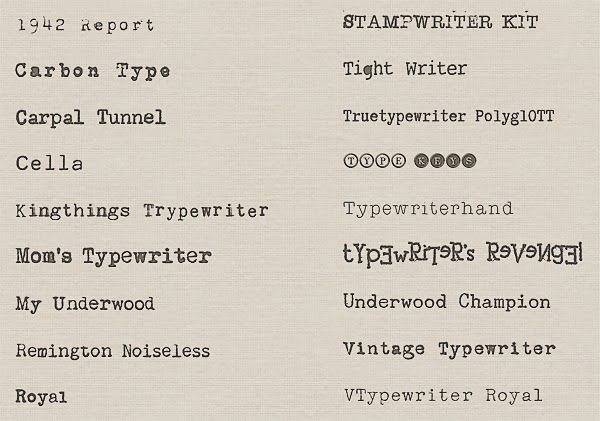Spelling word games for 2nd grade
Classroom Spelling Games for Grades 2-6
Looking for an engaging spelling game to play with your students? Look no further! We’ve collected together a fun list of classroom spelling games suitable for students in grades two to six.
1. Buzz Off Spelling Game
Have students stand in a circle. Choose a person to start and say the word to spell. In succession moving from person to person around the circle, each student says the next letter in the word until the entire word is spelt. The next student says ‘buzz’ and then the next ‘off’ and that final student sits down. Any student whose letter misspells the word also has to sit down. Keep playing until only one student remains standing.
2. Spelling Team Tic Tac Toe #1
Divide students into two teams. Draw a large tic tac toe grid on the whiteboard. Students from each team take turns to orally spell an allocated word correctly. If they are correct, they add an x or o to the grid for their team. First team to three in a row wins the round.
3. Spelling Team Tic Tac Toe #2
Divide students into two teams. Draw a large tic tac toe grid on the whiteboard. Give each team a different coloured whiteboard marker. Students from each team take turns to spell an allocated word directly onto their choice of square on the tic tac toe grid. If they spell the word incorrectly it is erased. First team with three correctly spelled words in a row wins the round.
4. Snowball Spelling Game
Onto a small sheet of white paper write the grapheme for a sound the class has been studying, e.g. ‘ir.’ Scrunch the paper up into a ball. Throw the paper ball to a child who must unwrap the paper and say a word containing that sound. The child then throws the paper ball to another child who has to spell the word. They then throw the ball to another child who has to say a sentence that includes the word. They then throw the ball to another child who starts the sequence again with a new word that includes the sound.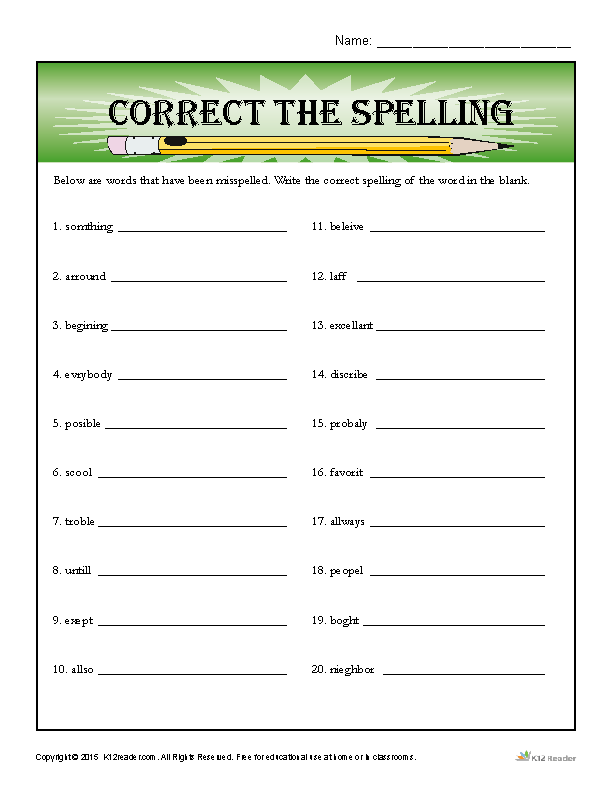
5. Spelling Swat It!
Divide students into two teams. Write the spelling words randomly onto the whiteboard.
Stand the first two players, with their backs to the board, a short distance in front of it. Give them each a plastic fly swat.
Call out a clue to identify the spelling word. For example, “This word means…” or “Rhymes with …” The two players must then race to be the first to swat the correct word on the board. The winner must then turn away from the board and spell the word correctly to win a point for their team.
6. Spelling Word Relay
Divide the students into teams. Each team lines up a short distance away from the whiteboard, facing the board. The first person in each team starts with a whiteboard marker.Call a word for the students to spell. The first student in each team races to the board and writes the first letter of the word and then runs back to pass the marker on to the next team member who writes the next letter of the word, and so on.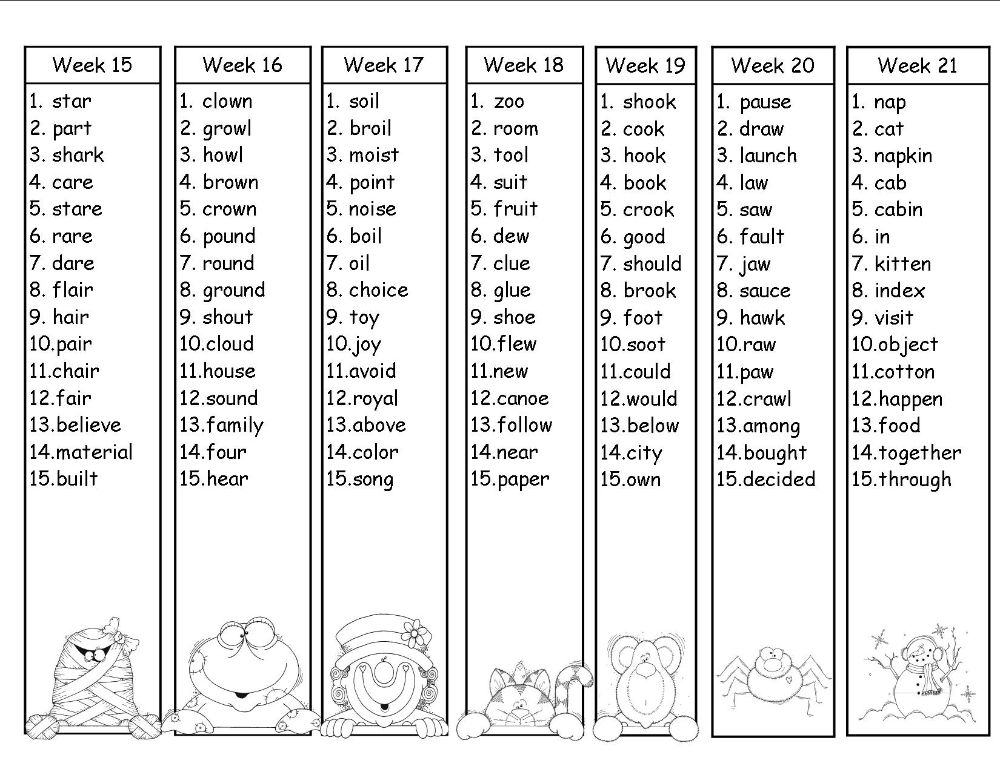 Team members can correct an incorrect letter on their turn but they may not add a new letter. The first team to correctly spell the word scores a point.7. Spelling Who Am I?
Team members can correct an incorrect letter on their turn but they may not add a new letter. The first team to correctly spell the word scores a point.7. Spelling Who Am I?
Write each spelling list word onto a post-it note. Divide students into two teams. The first student from the first team sits on a chair at the front of the room, facing the rest of her team. Place the first post-it note onto the student’s forehead. The goal is for the chosen student’s teammates to give him or her clues to what the word on his forehead is, without revealing the word directly. They can use rhyming words, synonyms, antonyms, guestures, etc. After they guess the word correctly, the student then has to spell the word. If they spell the word correctly, they score a point for their team. Repeat with the first team member from the second team, and so on.
8. Unscramble
Line students up into two or three teams facing the class whiteboard. The first person in each team has a personal whiteboard and a whiteboard marker and an eraser and turns to face away from the class whiteboard.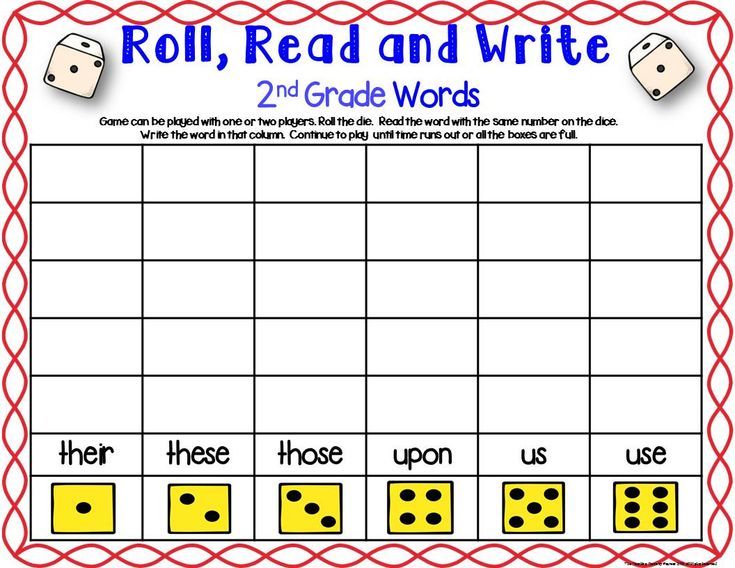 Write a jumbled version of the first spelling word on the class whiteboard. On ‘Go!’ the team members turn to face the board. The first of these students to write the unjumbled word (spelled correctly) onto their personal whiteboard and holds it up to the teacher wins a point for their team. They then pass the whiteboard onto the next team member and play continues with a new jumbled word for each round.
Write a jumbled version of the first spelling word on the class whiteboard. On ‘Go!’ the team members turn to face the board. The first of these students to write the unjumbled word (spelled correctly) onto their personal whiteboard and holds it up to the teacher wins a point for their team. They then pass the whiteboard onto the next team member and play continues with a new jumbled word for each round.
9. Missing Letters
Played in the same manner as Unscramble but the words are written onto the classroom whiteboard with blank lines in the place of some of the letters. For example, b_c_ _se for the word because.
10. Invisible Man
Line students up into two teams facing the whiteboard. Draw two large stick people on the whiteboard, one in front of each team, each must have the same number of body parts. Call out a word for the first member of team one to spell. If they spell it correctly they may erase one body part from the other team’s stick person.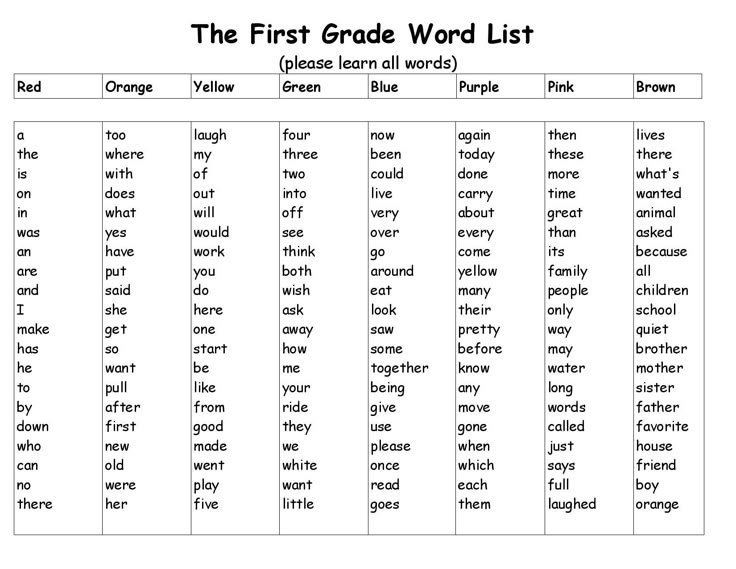 Call out a word for the first member of team two to spell, and continue on until one team’s stick person is completely erased. The erasing team is the winner!
Call out a word for the first member of team two to spell, and continue on until one team’s stick person is completely erased. The erasing team is the winner!
11. Spell-O
Each student chooses five spelling words and writes them onto a piece of paper. Write the alphabet in large print across the whiteboard. Cross out the letters of the alphabet, one by one. As each letter is crossed out, students cross out that same letter as it appears in each of their own words. First student to cross out all of the letters in all of their words wins.
12. Dictionary Challenge
This game works best with students in the upper elementary/primary grades. Divide students into teams. Each team will need a dictionary. Students choose a player from their team to go first. Call out a word. The elected students from each team race to be the first to find the word in the dictionary. The person who succeeds scores a point for their team. The dictionary is then passed to the next person in each team and the process repeated.
Christie Burnett is a teacher, presenter, writer and the mother of two. She created Childhood 101 as a place for teachers and parents to access engaging, high quality learning ideas.
2nd Grade Spelling Words, Lists, Games, Worksheets and Activities
M E N U
- Home Spelling Words
- Second Grade Spelling Words
2nd Grade Spelling Lists, Games & Activities
Subscribe to Home Spelling Words!
Enjoy our 2nd grade spelling lists plus practice these 2nd grade spelling words online anytime by creating an account, adding your students, then importing lists or making your own spelling lists.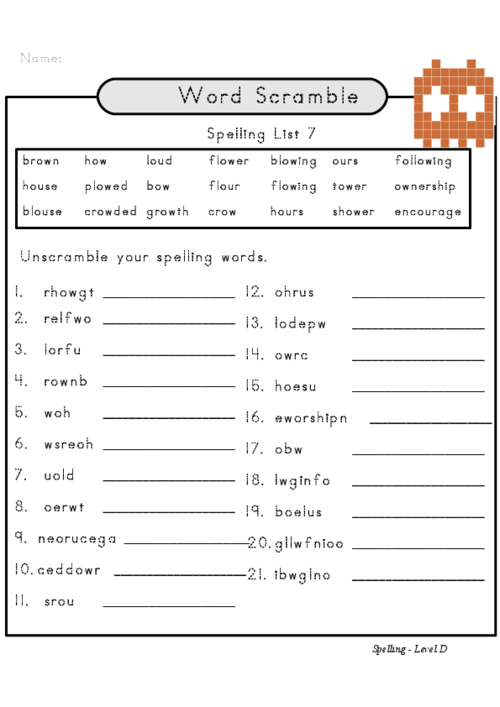 Second grade is a great time to use spelling to improve reading speed
and to increase your student's vocabulary. Make your own custom spelling lists by creating an account. Help your second grader develop reading
confidence by making sure they have a solid foundation. Home Spelling Words is the perfect program for gifted learners, those with learning disabilities and students
who need spelling help. Our multisensory approach helps students at all levels. Students will hear the word, see the word and type in the word, which helps retention.
Gamification allows your students to learn while playing fun spelling games. Why simply write spelling words down when you can play and learn at the same time!
Second grade is a great time to use spelling to improve reading speed
and to increase your student's vocabulary. Make your own custom spelling lists by creating an account. Help your second grader develop reading
confidence by making sure they have a solid foundation. Home Spelling Words is the perfect program for gifted learners, those with learning disabilities and students
who need spelling help. Our multisensory approach helps students at all levels. Students will hear the word, see the word and type in the word, which helps retention.
Gamification allows your students to learn while playing fun spelling games. Why simply write spelling words down when you can play and learn at the same time!
2nd Grade Spelling Worksheets
Worksheet for List 1
Worksheet for List 2
Worksheet for List 3
Worksheet for List 4
Worksheet for List 5
Worksheet for List 6
Worksheet for List 7
Worksheet for List 8
Worksheet for List 9
Worksheet for List 10
Worksheet for List 11
Worksheet for List 12
Worksheet for List 13
Worksheet for List 14
Worksheet for List 15
Worksheet for List 16
Worksheet for List 17
Worksheet for List 18
Custom 2nd Grade Spelling Lists
Create your own spelling lists by registering for an account.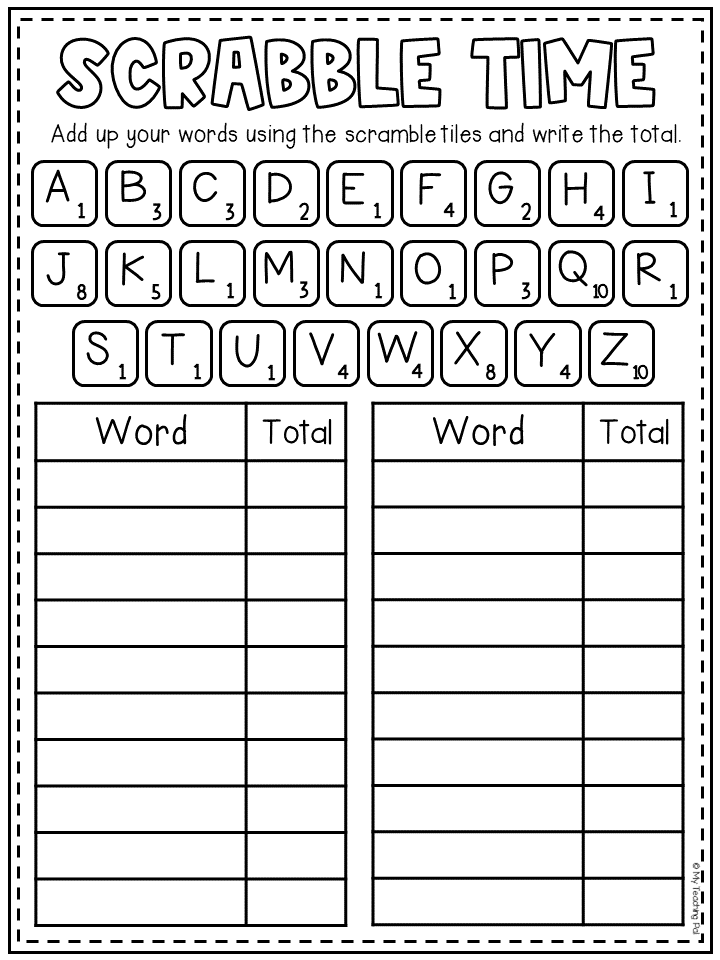 We do not sell or share your information or send you spam emails.
Once registered, simply enter your list name, then each word and a practice sentence if you like.
Once you are done, publish the list and start practicing right away. You can also
take tests or play spelling games with your customized list. Our website is perfect
for homeschools with their own curriculum or students who receive a weekly spelling list from school.
We do not sell or share your information or send you spam emails.
Once registered, simply enter your list name, then each word and a practice sentence if you like.
Once you are done, publish the list and start practicing right away. You can also
take tests or play spelling games with your customized list. Our website is perfect
for homeschools with their own curriculum or students who receive a weekly spelling list from school.
2nd Grade Spelling Games
Our 2nd grade spelling games are wonderful because they are dynamic. Each time you play, the game changes!
- Fill in the Blank Game A new game is generated every time so you can play all week and not get bored!
- Word Search Randomly creates a new game for your student to find spelling words.
- Spelling Soup Catch the correctly spelled word with your soup bowl for points.
2nd Grade Spelling Bee Words
Home Spelling Words is the perfect website for to use for spelling bee practice.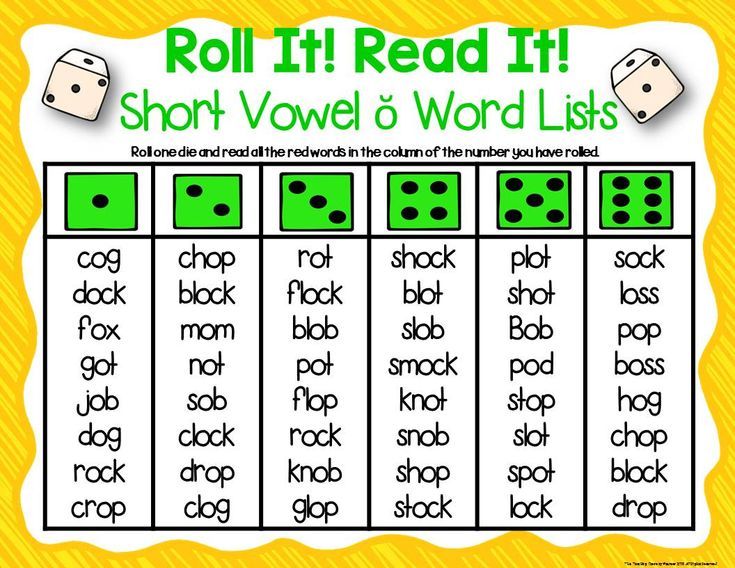 Create lists of ten or twenty 2nd grade spelling words and practice
as much as you like. You can also play games with your spelling bee words and take tests as well.
Create lists of ten or twenty 2nd grade spelling words and practice
as much as you like. You can also play games with your spelling bee words and take tests as well.
Spelling games | Educational and methodological material on the Russian language on the topic:
SPELLING GAMES.
1.Check Dunno.
Dunno played with words, making one word out of two. Check if he
composed the words correctly?
Paul+Osa = stripes
Kol+Osa = colosses
OG+Wasp-fits
Tooth+I = teeth
oak+b+I = Dubya
2. Who quickly correct the errors. (Subject: Capital letter)
The cards have misspelled text.
Task: Find and correct all capitalization errors as quickly as possible.
3. Read the offer. (Topic: Case endings.)
Cards are made from an album sheet on which sentences are written, but instead of nouns, the corresponding figures are placed.
Assignment: while reading a sentence, students use pictures to name nouns in the appropriate case, choosing the correct ending.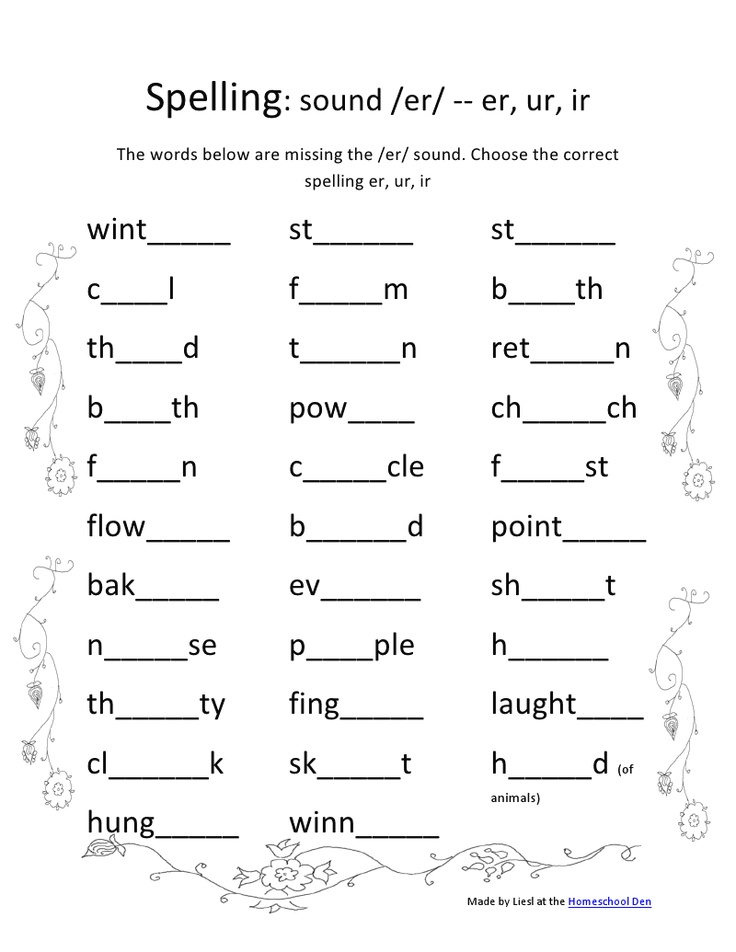 nine0003
nine0003
4. "Choose three words" (The game is used to reinforce any topics in the Russian language)
Purpose: To follow the formation of spelling skills, taking into account the stage of work on spelling.
The choice of words depends on the topics studied or covered.
Nine words are written on 9 cards:
1st set: fish, blizzard, stocking, oak trees, jam, scarecrow, streams, plague, mushroom.
2nd set: entrance, warehouse, crow, hail, filming, treasure, gate, rise, sparrow. nine0003
Bread
CLU-KA
Kali-Ka
Bere-kiki
FILKI
Obl-ki
Pied KI
Marty-ka
Redi-ka
Du-ki
Lo-ki
Tetra-KA
CLA
Tra-
Carko-Ka
Li-KI
Ostro-oki
Promotion-KA
Blue 9000 9000
Refined
Tasks:
Explain spellings by choosing test words.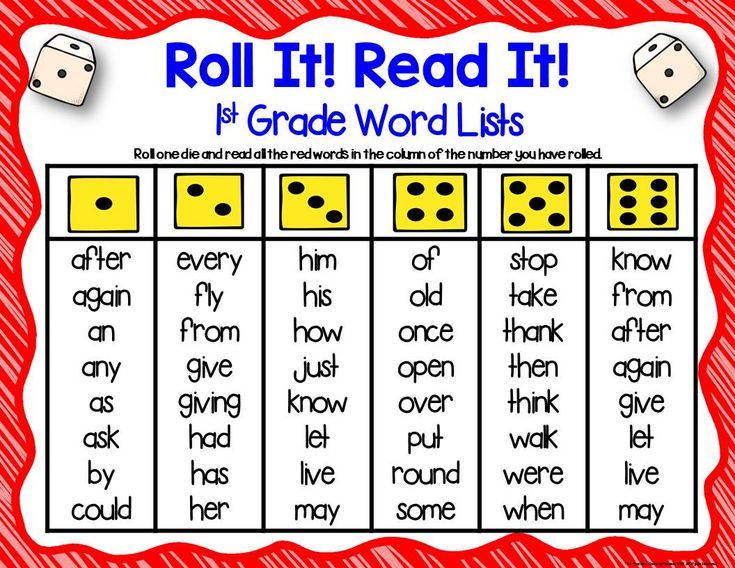
6. Game "Ball"
Didactic task: Repeat the formulation of clarifying questions and case endings.
Game objective: Help the proposals get to the Ball.
Contents of the game:
Ball in the Grammar Kingdom today. There were many proposals for it. But the sentry will not let them into the palace until each noun from those who have appeared has its conjugation indicated. Help the proposals get to the Ball. What questions does the clock noun ask?
Materials:
A table is drawn on the board, the halves of which are separated by a sentry. The proposal is analyzed by one student, tips from the class are accepted. nine0003
Cherry blossoms in May Mother gave her son a book Swallows are returning from Africa A hare feeds on tree bark Sister came to her brother Sasha wrote a letter A fox hid behind a bush, etc. H a s o v o y In (what?) May blooms (what?) bird cherry. etc.
7. Game "Find the ending"
Didactic task: Repeat the case endings of nouns.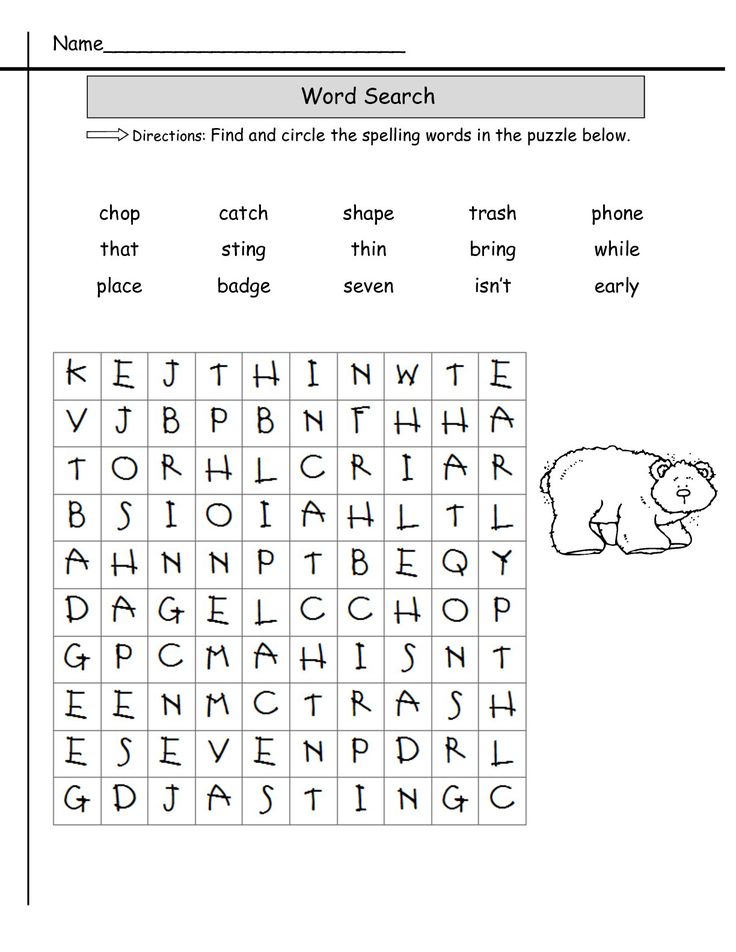
Game task: Find the endings of some words in sayings.
Content of the game:
“The ending is a very changeable, moving part of a word. She can easily get lost. Find the lost endings for these proverbs.” nine0003
Materials:
Cards
- Pick the berries... you will find the box.
- Drop by drop... and the stone hammers.
Without a primer and grammar... Mathematics cannot be learned...
8. The game "Nicknames"
Purpose: formation of the process of inflection and word formation, consolidation of phonetic and grammatical analysis of words, spelling of proper names.
Move: Form animal names from the following words:
BALL, ARROW, EAGLE, RED, STAR
Make proposals.
BALL, ARROW, EAGLE, GINGER, STAR
Highlight the part of the word that you used when composing nicknames (suffix, ending).
9. Game "Team chain game"
Didactic task: Complete the appropriate nouns in the accusative case.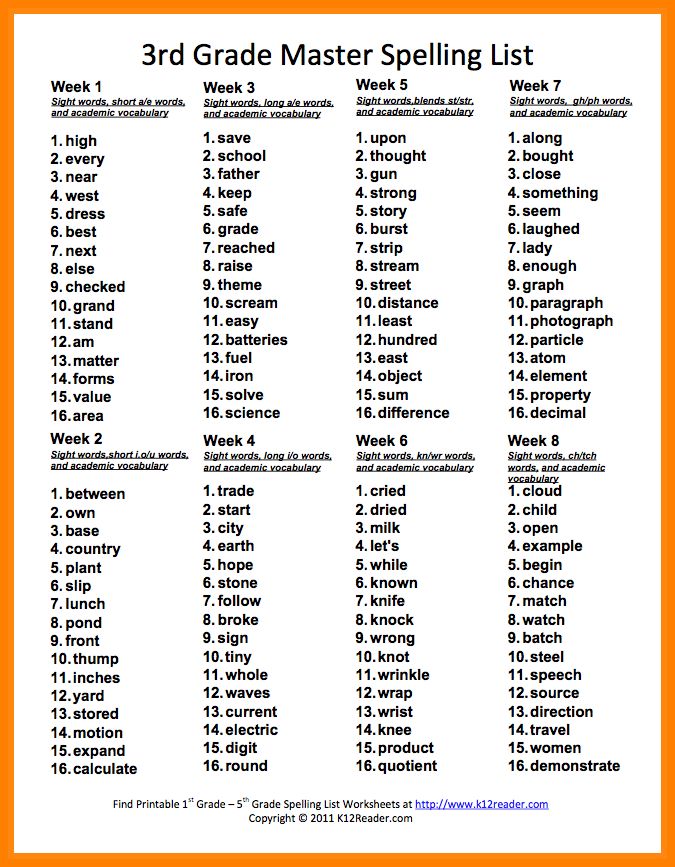
Game objective: Make the chain as long as possible.
Contents of the game and Materials:
- Listening to music, mom...
- I am writing a dictation, a letter,...
- They are building a tower, a house,... etc.
10. The game "Hard - soft"
Purpose: to create conditions for repeating the spelling of hard and soft characters.
Students are divided into two teams. One team is called “Stone”, the other is called “Water”. The “Stone” team gets up if I read a word with a hard sign, if I read a word with a soft sign, the “Water” team gets up.
Words: congress, drive in, blizzard, pours, entrance, pour, announcement, stakes, runners, detour, ears of corn, drink, shooting, etc. nine0003
11.Game: Be careful.
Purpose: to activate memory, attention, vocabulary, based on knowledge of the rules.
Write out from the proposed poems with combinations of zhi, shi:
1. Siskins lived in a hut,
Mice, hedgehogs, swifts,
Walruses come to visit them
Both giraffes and snakes.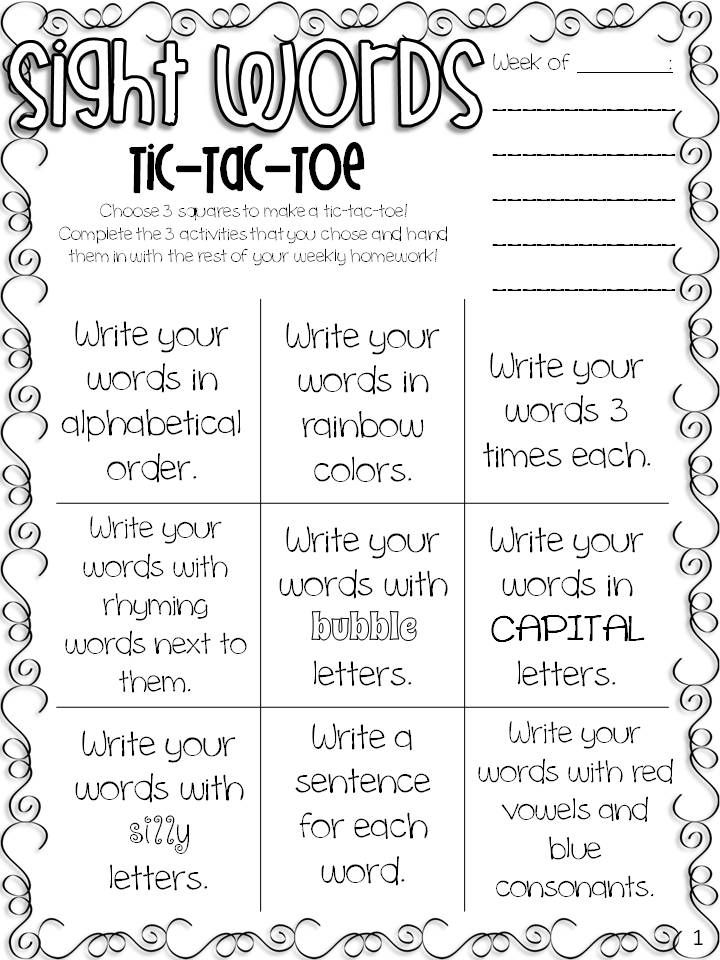
2. Vest, animal, belly,
Giraffes, painting, lives,
Briar, tires, reeds,
Cars and pencils,
Circle, serve, be friends and live,
Hurry, make laugh,
Hiss and sew.
All combinations of ZhI and SHI
Only with the letter I write!
12. Game: Slovoznaikin, give me an answer.
Purpose: to determine the level of development of children, to develop memory, thinking, speech.
Children are invited for a certain time to remember and write down as many proverbs and sayings, riddles and quatrains as possible, in which words and a given rule are found - "Spelling of words with combinations of zhi, shi." For example:
Proverbs and sayings:
Life is given for good deeds. nine0363 You can't hide an awl in a bag.
If you hurry, you will make people laugh.
To live life is not a field to cross.
Friendship is like glass, if you break it, you won't stick it together.
Riddles:
Two birch horses
They carry me through the forest.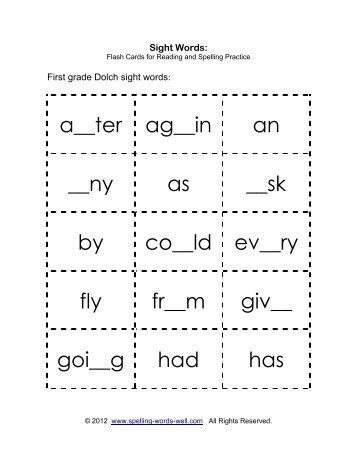
These red horses,
And their name is ... (skis).
He is tall and spotted
With a long, long neck,
And he eats leaves,
Leaves of trees (giraffe)
Quatrain:
She sewed a fur coat - she sewed a skirt,
She sewed a hat - she sewed a slipper! nine0363 Good seamstress Natasha!
13. Game: Change the letter.
Purpose: to intensify the mental activity of students, develop spelling and phonetic vigilance, attentiveness, logical thinking.
Children are offered the original word with a spelling, they change either one or two sounds in it sequentially, while maintaining the combination -chk-, and receive new words. The one with the most words wins.
daughter pen
barrel river
night candle
bump stove
point kidney
cloud daughter
wheelbarrow night
14. Game: Name one object.
Purpose: to develop methods for checking unstressed vowels.
The teacher says a word denoting many identical objects, and the students name one such object and explain what vowel should be written in the root of the word.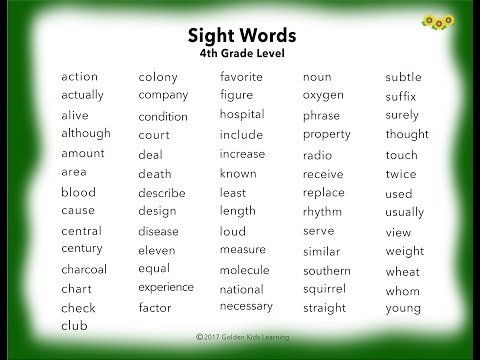 For a correct answer, the row receives a point. The winner is determined by the number of points.
For a correct answer, the row receives a point. The winner is determined by the number of points.
Sample material: words: doctors, eyes, rooks, gardens, basins, balls, sides, rains, yards, moles, seas, knives, fruits, fields, horns, etc.
15. Game: Capital letter.
Purpose: to reinforce the rule of capitalization in words.
Equipment: each student has a set of signal cards.
The teacher invites the class to listen carefully to the poem. Then the students mark with signal cards, all the rules for writing a capital letter, which are mentioned in the poem. Next, you need to protect each of your answers, that is, explain which rule is fixed. The winner is the one who manages to protect all signal cards. nine0003
An ordinary letter has suddenly grown, The letter
Has grown above the letters - girlfriends At the line at the beginning,
They look with respect So that we notice the beginning.
In the letter of a friend, First name, last name
But why? Are written with her,
For what merits? To be more noticeable and more visible,
To sound loud and proud
The letter did not want to grow by itself, Your name
The letter is entrusted with an important task: The name of the street, city.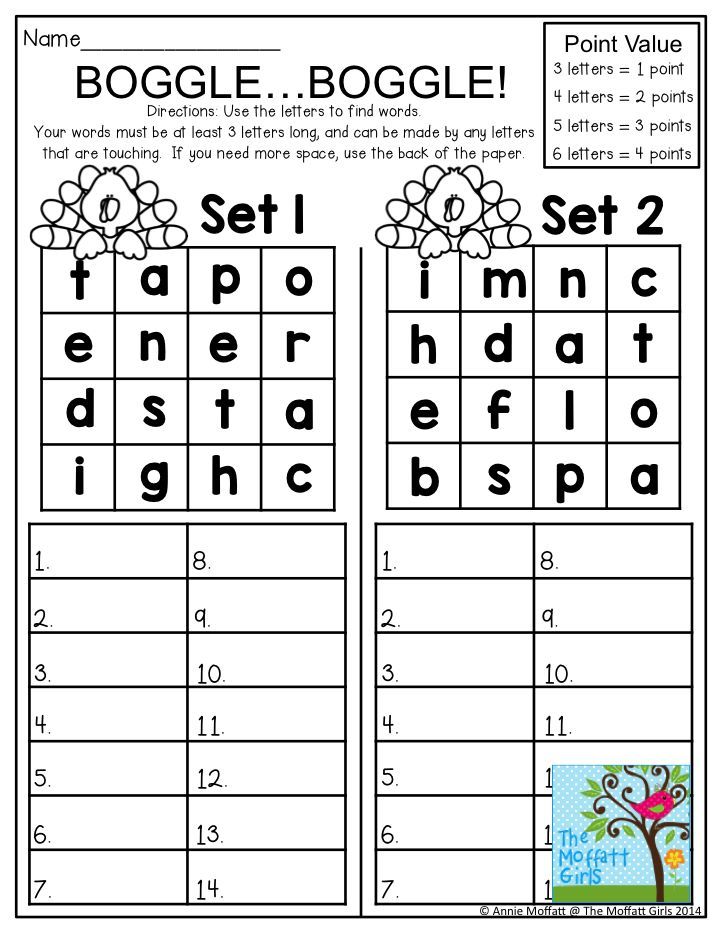
Put in the word Large letter -
Not in vain and not easy Not at all empty,
The letter is so tall.
In a big letter -
Respect sign. (S. Izmailov)
16. Game: Half a minute for a joke.
Purpose: to fix the spelling of the capital letter in animal names.
Equipment: the board contains the names of those animals that are found in Yu. Chernykh's poem: a dog, a chicken, a cow, a cat, a horse.
The teacher asks the children to listen carefully to the poem and say what is wrong with it. The correct answer is rewarded with a game token. Some children add nicknames to the names of animals on the board, while the rest do this work in a notebook. nine0363 Once upon a time there was a grandfather and a woman
With a little granddaughter.
They called their red cat
Zhuchka,
And they called Crested
They called the foal,
And they also had
Burenka hen,
Murka dog,
And two more goats -
Sivka and Burka.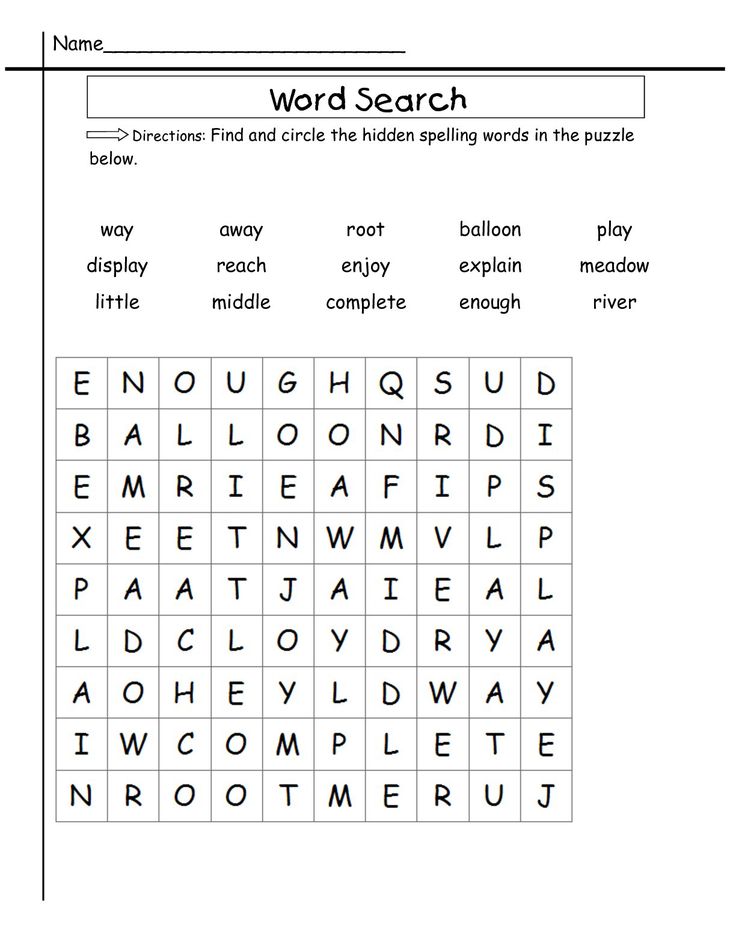
17. Didactic game "Be careful."
Purpose: to activate memory, attention, vocabulary, based on knowledge of the rules.
From the proposed poems write out words with combinations of zhi, shi:
1. They lived in a hut of siskins,
Mice, hedgehogs, swifts,
Walruses come to visit them
And giraffes and snakes.
2. Vest, animal, belly,
Giraffes, painting, lives,
Briar, tires, reeds,
Cars and pencils,
Circle, serve, make friends and live,
Hurry, make laugh,
Hiss and sew.
All combinations of ZhI and SHI
Only with the letter I write!
Didactic games in Russian language lessons
Russian language is one of the most difficult subjects in school. Therefore, it is necessary to develop students' interest in this subject even in elementary school, to make it as joyful and exciting as possible. nine0003
One of the most effective means that can arouse interest in Russian language classes is a didactic game.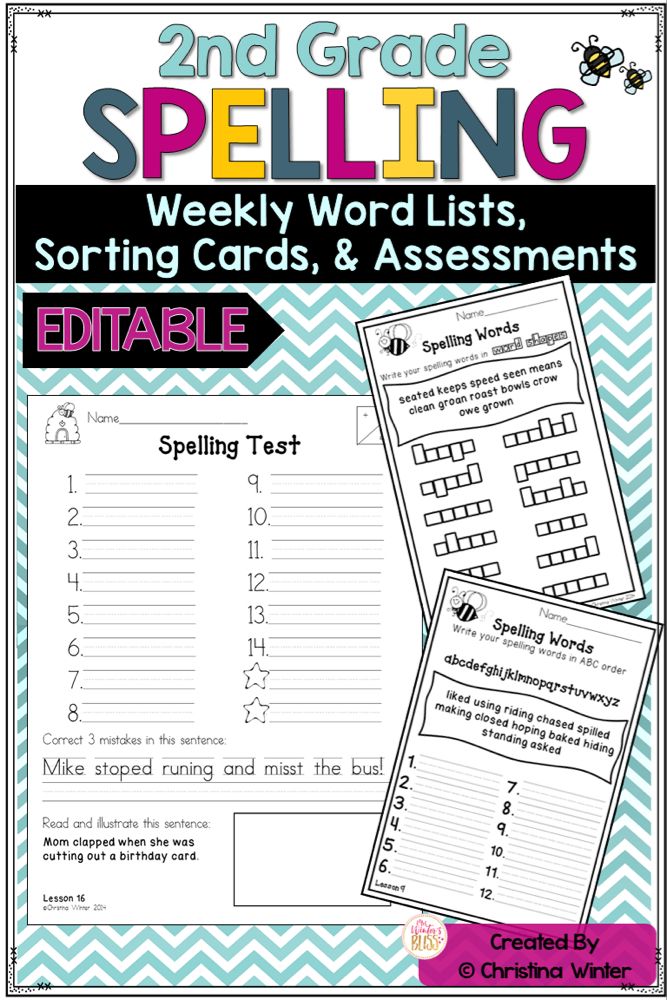 The purpose of the game is to arouse interest in knowledge, science, books, teachings. At primary school age, the game, along with learning, occupies an important place in the development of the child. When children are included in the situation of a didactic game, interest in learning activity increases sharply, the material being studied becomes more accessible to them, and their working capacity increases significantly.
The purpose of the game is to arouse interest in knowledge, science, books, teachings. At primary school age, the game, along with learning, occupies an important place in the development of the child. When children are included in the situation of a didactic game, interest in learning activity increases sharply, the material being studied becomes more accessible to them, and their working capacity increases significantly.
After all, the fact that the game is part of the educational process is not a secret for anyone. The game helps to form the phonemic perception of the word, enriches the child with new information, activates mental activity, attention, and most importantly, stimulates speech. As a result, children have an interest in the Russian language. Not to mention the fact that didactic games in the Russian language contribute to the formation of the spelling vigilance of a younger student.
Over the course of several years of work in primary school, I observed that Russian language classes do not always arouse interest among students.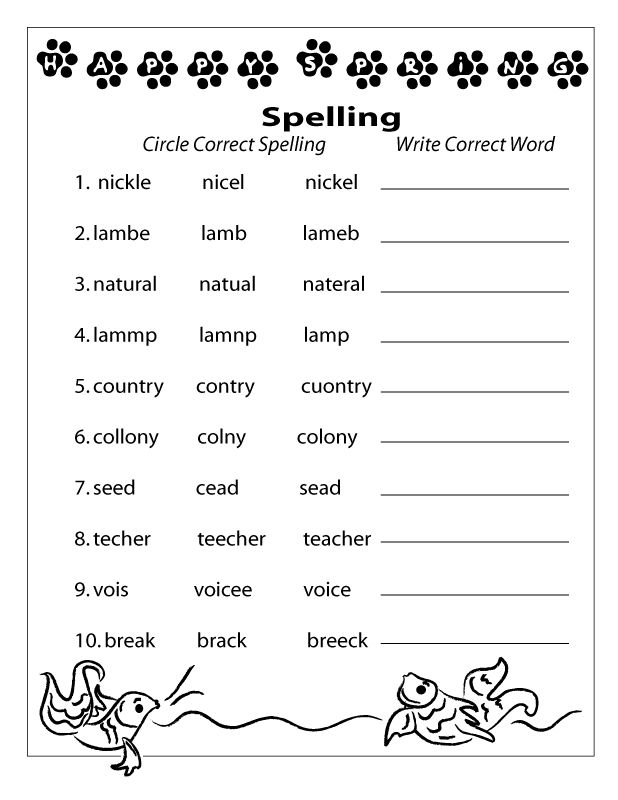 Some kids find it boring. The unwillingness to study Russian breeds illiteracy. I thought about how to arouse interest in classes, how to improve writing literacy. nine0003
Some kids find it boring. The unwillingness to study Russian breeds illiteracy. I thought about how to arouse interest in classes, how to improve writing literacy. nine0003
I re-read a lot of literature, analyzed my lessons and came to the conclusion that it is possible to arouse interest in the Russian language if you systematically accumulate and select fascinating material that can attract the attention of each student.
Here are some didactic games and game techniques that I use in my lessons.
1. Game "Make a word" (a series of tasks)
1. Make words from the following letters:
| a) k, o, s | a) f, r, o, m | a) l, a, n, e, p, t, a |
| b) y, e, b | b) w, a, k, a | b) k, h, a, r, y |
| c) m, r, i | c) a, k, y, p | nine0511 |
| d) t, o, r | d) b, o, n, f | d) p, o, g, i, r |
| e) s, s, r | e) a, c, o, k | e) r, o, d, o, g |
| f) e, m, s | f) e, a, c, o | f) k, o, n, o |
2.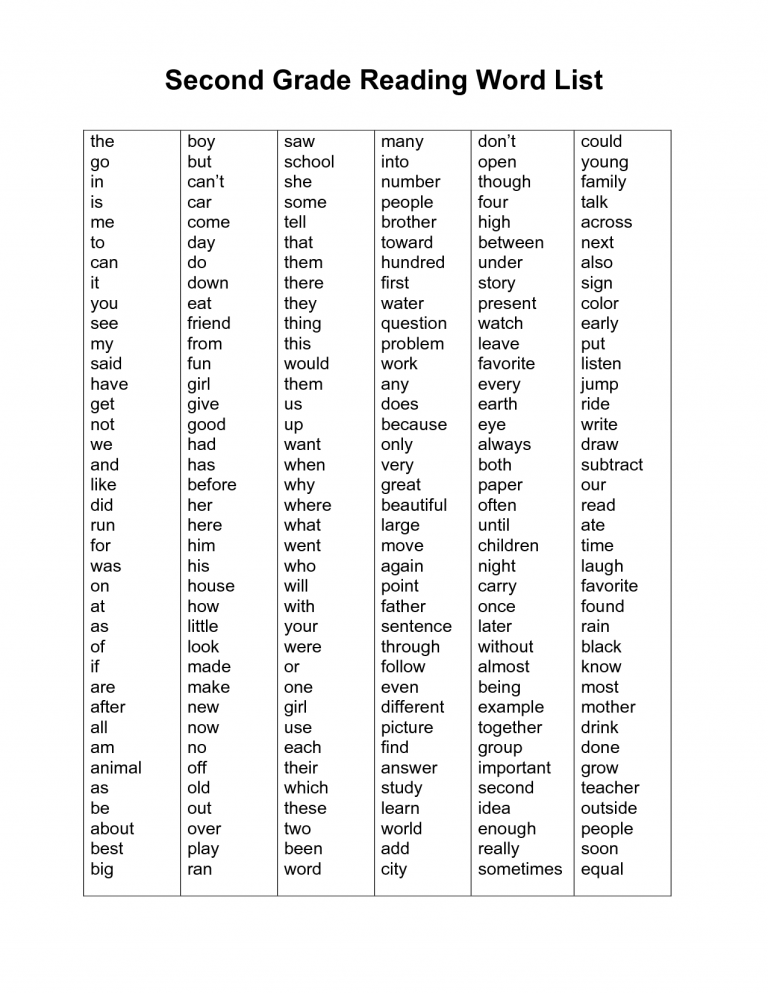 Decipher what words are hidden here and say which word from the data is superfluous.
Decipher what words are hidden here and say which word from the data is superfluous.
| 1) s, l, u, t | 2) w, y, d, a, p | 3) c, b, a, a, k, o |
| w, a, f, k | f, r, a, h, b, f | o, o, r, k, a, v |
| f, o, a, k, l | b, i, i, o, l, n | w, k, k, o, a |
| k, b, c, a, p, t, o | n, o, i, l, m | c, b, i, i, s, n |
| s, l, t, o | a, c, c, i, l | i, a, c, h |
3.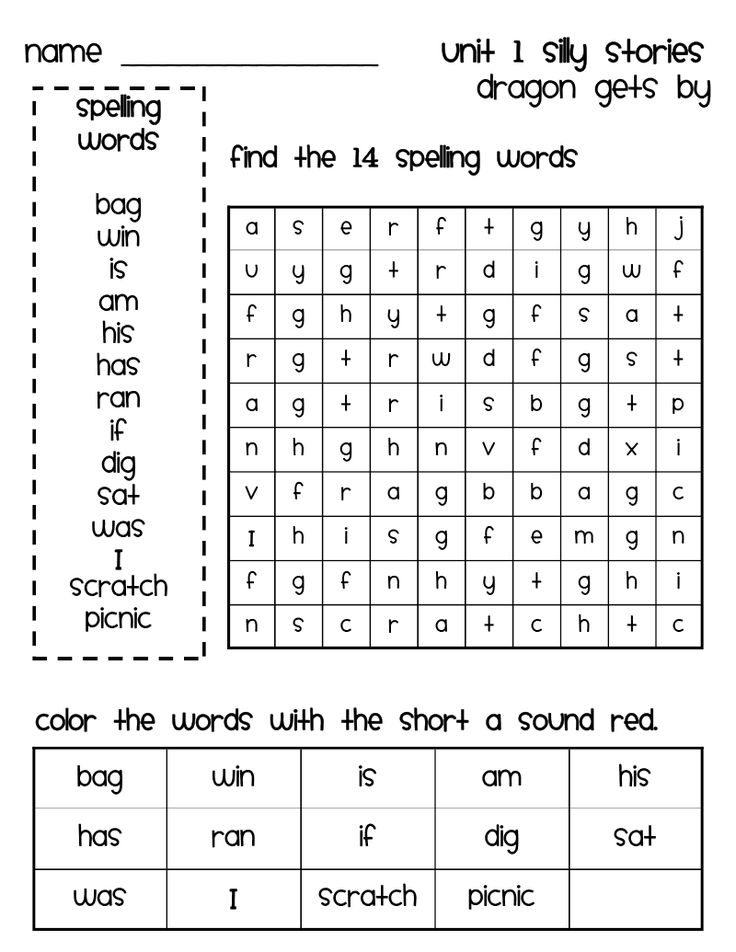 Decipher the words and say what common word they can be combined with .
Decipher the words and say what common word they can be combined with .
| 1) p, i, k, a, t | 2) b, o, h, n | 3) d, e, n, and |
| t, f, i, u, l | h, e, e, r, c | e, a, r, d |
| b, i, i, t, n, o, k | y, o, r, t | s, d, f, n |
| g, a, o, p, i, s | n, f, d, b | b, d, d, o, f |
4. Decipher the words and say what groups they can be divided into.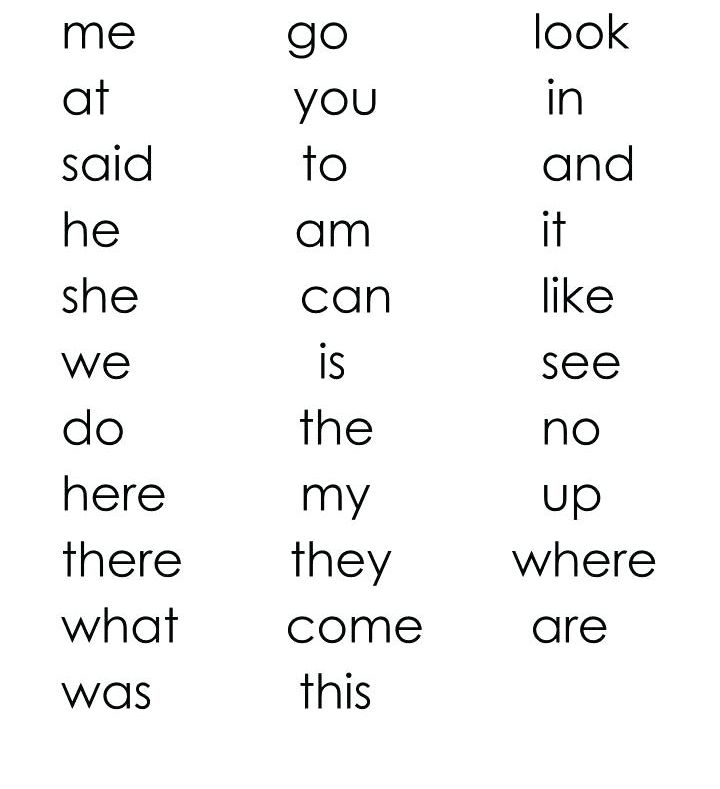
| 1) e, m, p, o | 2) k, y, a, p | 3) a, k, o, r, o, s |
| r, a, e, k | g, i, a, c | c, l, e |
| w, a, a, m, r, o, k | a, i, c, l | w, a, y, k |
| o, o, e, s, r | x, m, a, y | a, a, b, c, p, k |
| b, u, t, l, n, a, p | m, d, e, c, a, y, r | t, r, g, i |
| f, c, a, a, l, and | k, v, o, l | a, n, o, o, r, c |
| k, f, y | b, o, n, k, y |
II.
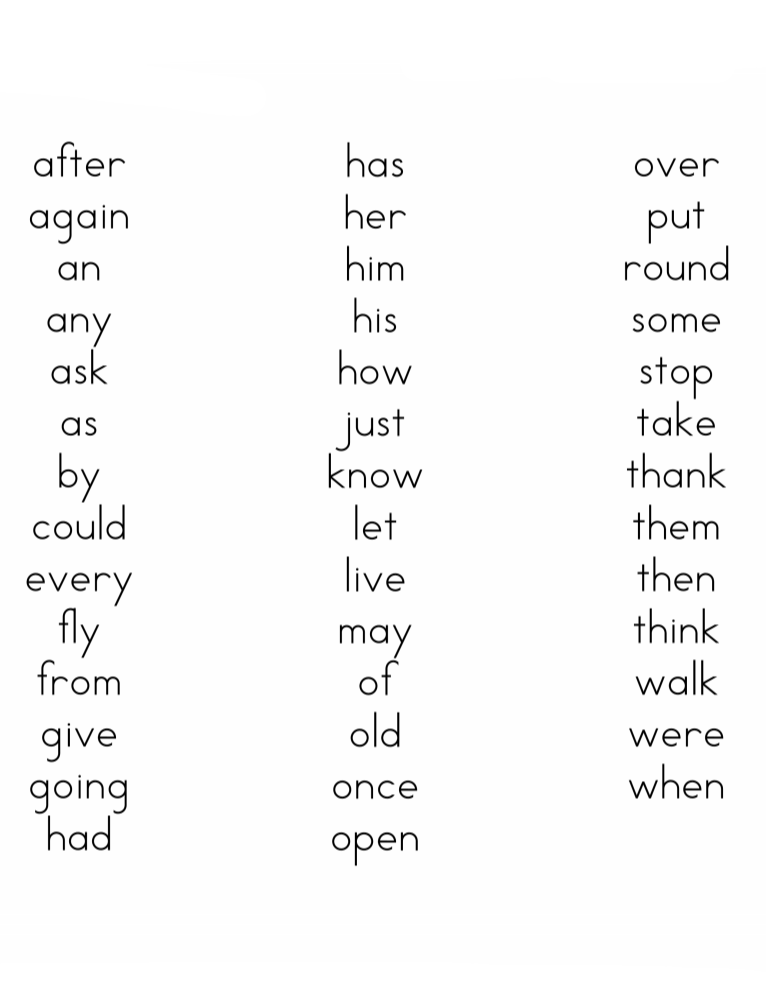 The game "Confusion"
The game "Confusion" Decipher the words
GONVA, ZDEVE, OKZAVL, ENNESERKSOV, STOKOVO, MOVEMENT, CHVREA (car, everywhere, station, Sunday, east, ahead, KILINBILZIVA
3 , GLUBV, DRUGV
(vaseline, cornflower, near, deep, suddenly)
| G…R…Y | D…R…G… |
| D…C…B…L | H…T…V |
| G…RY…I… | TO S…I…A…IA |
(hero, hot, ready, December, road, goodbye.)
AB…IKO…, AV…OGRA…, AK…AREL…, AK…ARIU… .
(Apricot, autograph, watercolor, aquarium.)
KONBAL, NABAN, RERAB, ATOBN (balcony, banana, barrier, loaf)
KARKAMOR, LEYAKO, ZYREKKO, MOUSE (closet, rut, visor, reed)
9059OKGEL
ONNELDEM
NIKAZELLA
ANCILEST
SYAMETS
ANITRAK
GAZMAIN
FEEL
INERGEN
CARFELTO
YALURTSAK
RAQUARTI
(easy, stairs, shop, potatoes, slow, month, hello, saucepan, strawberry, painting, engineer, flat)
DBOE, GUROETS, AOSIN, CETO (lunch, cucumber, aspen, father)
TAMELL, ORTEM, KOMOVR, AZAND, LENAVO, OVARPAN (metal, metro, carrot, back, left, right)
TOIG, RIZKAP, ZENOYAM, VMOTI, BOZNO
(total, caprice, mayonnaise, motif, chills.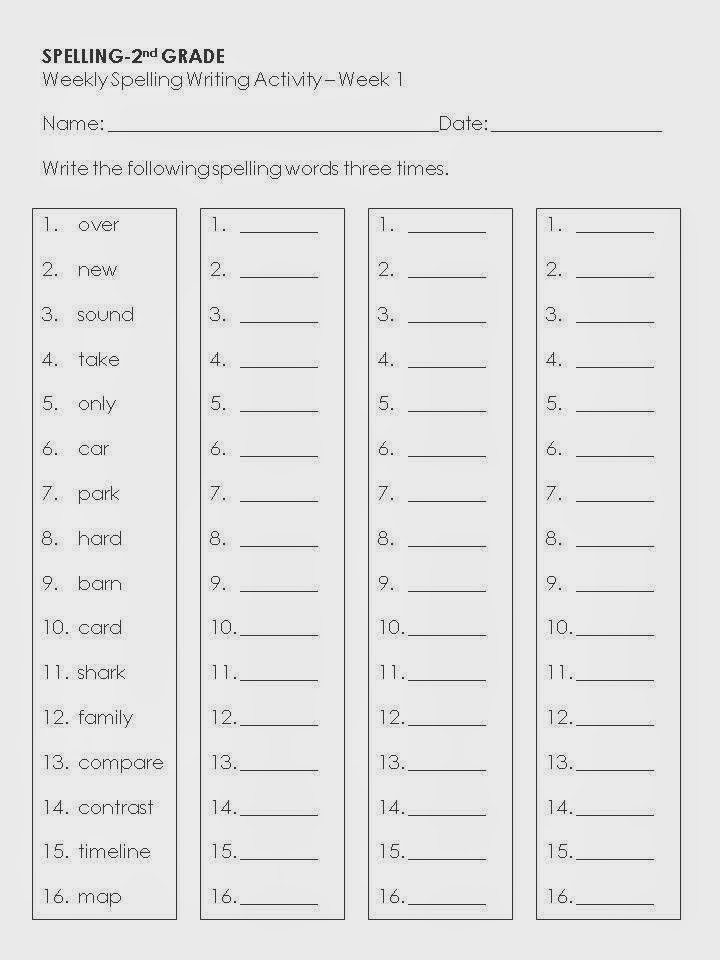 )
)
| R…K…T… | R…S…E…I… |
| R…S…K…Z | R…W…T… |
| R…S…T…I…I… | R…S….N…K |
(Rocket, story, distance, plant, solve, drawing)
(Which word is superfluous here? (Solve" is a verb, the rest is a noun)
III. "Choose three words"
( The game is used to consolidate any topics in the Russian language)
Purpose: To follow the formation of spelling skills, taking into account the stage of work on spelling
The choice of words depends on the topics studied or covered.0003
Nine words are written on 9 cards:
1st set: fish, blizzard, stocking, oak trees, jam, scarecrow, streams, plague, mushroom.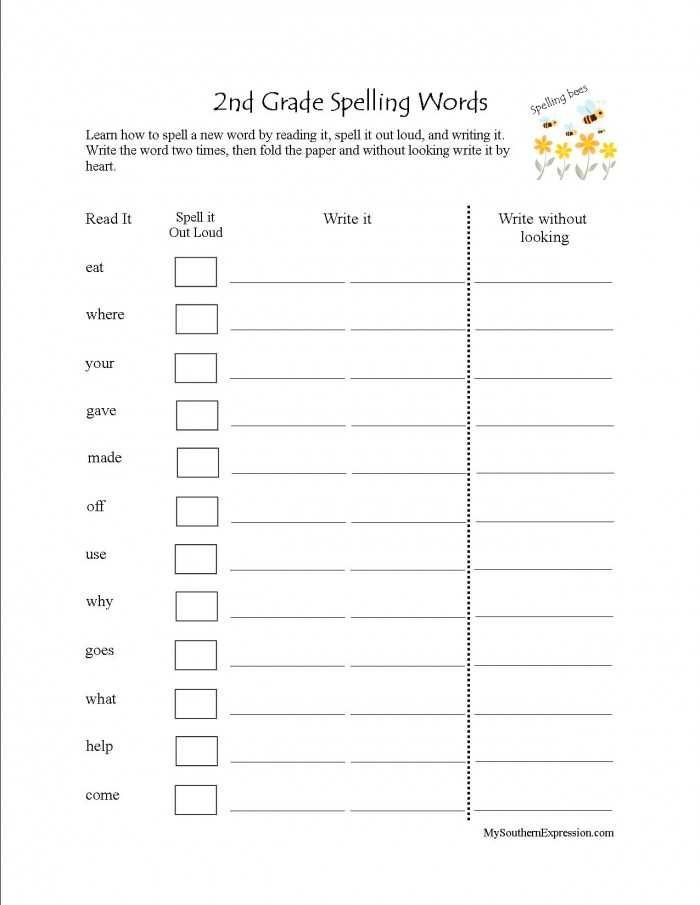
2nd set : entrance, warehouse, crow, hail, filming, treasure, gate, lift, sparrow.
Two people take cards in turn, the winner is the one who first has three words with the same spelling.
| I | fish | nine0511 stocking | II | entrance | warehouse | crow |
| oaks | jam | stuffed animal | shooting | deg | gate | |
| mushroom | streams | chum | lift | treasure | sparrow |
IV.
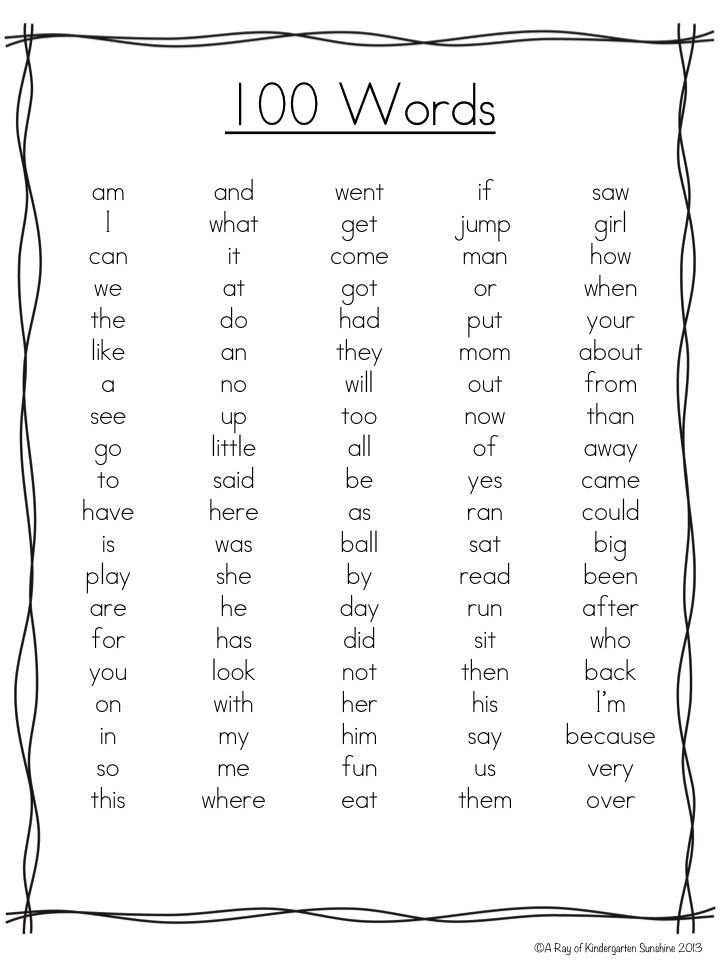 The game "Nicknames"
The game "Nicknames" Purpose: formation of the process of inflection and word formation, consolidation of phonetic and grammatical analysis of words, spelling of proper names.
Move: Form animal names from the following words:
BALL, ARROW, EAGLE, RED, STAR
Write sentences.
BALL, ARROW, EAGLE, GINGER, STAR
Highlight the part of the word that you used when composing nicknames (suffix, ending).
V. The game "Postman"
Purpose: To consolidate students' knowledge of selecting a test word, expand vocabulary, develop phonemic hearing.
Move: The postman distributes invitations to a group of children (4-5 people each). nine0003
Children determine where they are invited.
| garden | park | sea | school | canteen | zoo |
| paddles | roads | flats | books | loafs | adhesive |
| kali-ka | birches | bottles | covers | pyros | March |
| radish | dou-ki | lo-ki | tetra | slips | tractor | nine0081
| carrot | li-ki | sharps | blotter | blackheads | rack |
Tasks:
- Explain spellings by choosing test words.
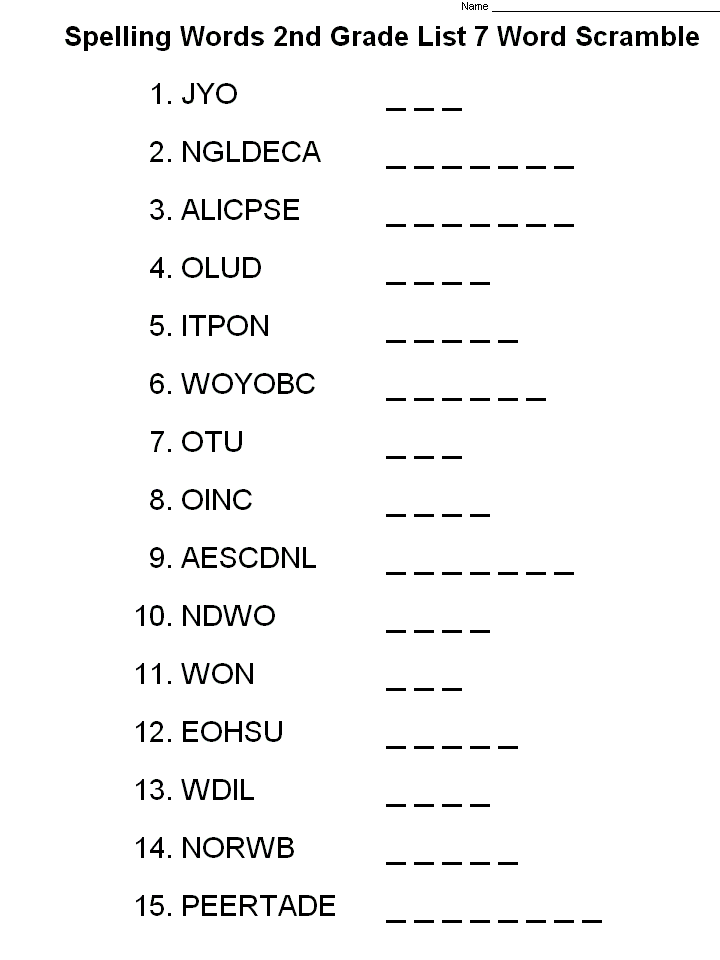
- Make sentences using the given words.
VI. Runaway Bear Game
Didactic task: Repeat the case endings of nouns.
Game task: Complete the story from which the bear “ran away”.
Content of the game: “Look at this story. You see it with passes. Actually, this is a story about a bear, but the bear himself escaped from it. Please return the word “bear” to the sentences, replacing the endings with questions.”
Materials: “Not every hunter had a chance to meet (whom?).... It is dangerous to approach (to whom?) Closely. I saw (who?)... at the zoo. In the forest you can watch (for whom?) for ... only from a distance. The forester told us a lot of interesting things (about whom?) about...”
The game "Remove the extra car"
Purpose of the game: to create conditions for fixing the composition of the word, to teach to see a word that differs from the rest in its composition.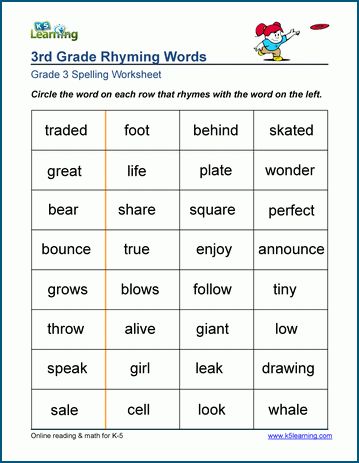
Now guys, let's play a little. Three trains have arrived at the station. Each train consists of four cars. When the cars were attached to the train, they made a mistake by attaching an extra car that did not fit this train (three trains appear on the board). You guys need to find that extra car. The words written on each wagon will help you do this. nine0003
Hint. Extra words differ from other words written on the cars in their composition.
Each row gets its own train, before making a decision, discuss it with your row, determine the person who will express a common opinion.
Train No. 1
race, swim, law, launch.
- Word, on which car is this extra?
- Extra word law, on the third carriage? nine0314
- Why?
The words written on the remaining three cars have a prefix, but the word law has no prefix.
That's right guys, well done.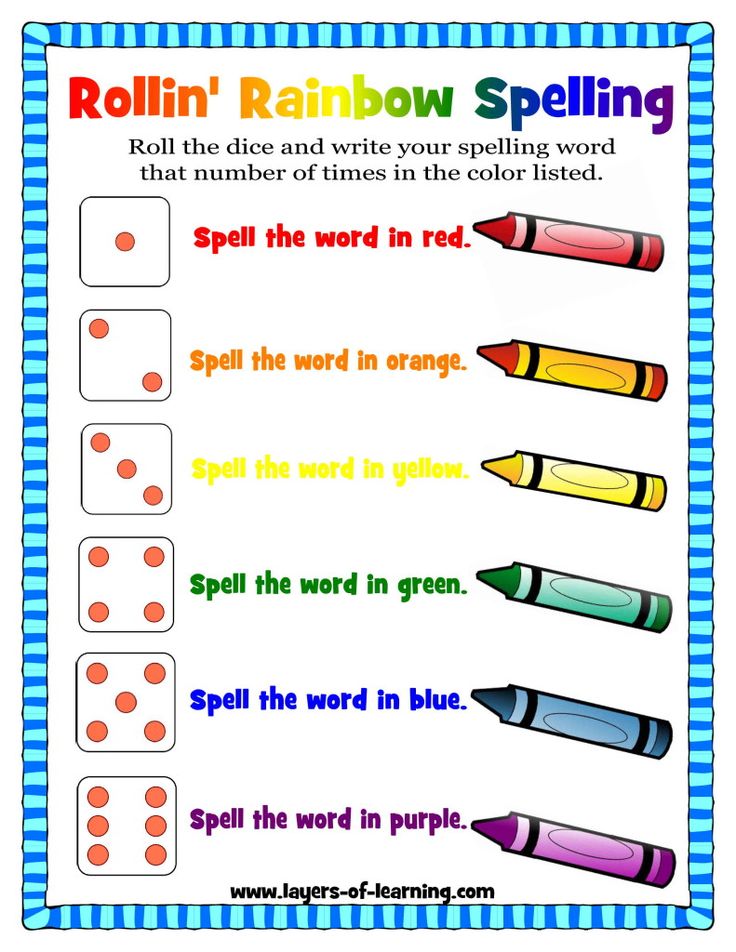 The extra car has been removed from the train. The train can continue on its way. Now write down all the words, except for the word law, and highlight the prefixes in them.
The extra car has been removed from the train. The train can continue on its way. Now write down all the words, except for the word law, and highlight the prefixes in them.
Train No. 2
kettle, coffee pot, milk jug, broom.
- Which word is superfluous.
- The word broom is superfluous, since, unlike other words, it does not have
suffixes. - Write down the words with suffixes.
Train number 2 can continue. Well done boys.
Train number 3
watch, win, think, mourn.
- What a wagon, this is superfluous.
- A car with the word win, since this word does not have a prefix.
- Write down words with prefixes.
Well done guys. You did a good job. nine0003
VIII. The game "Hard - soft"
Purpose: to create conditions for repeating the spelling of hard and soft characters.
Students are divided into two teams. One team is called "Stone", the other - "Water". The “Stone” team gets up if I read a word with a hard sign, if I read a word with a soft sign, the “Water” team gets up.
Words: congress, enter, blizzard, pours, entrance, pour, announcement, stakes, runners, detour, ears of corn, drink, filming, etc. nine0506
IX. Game "Answer and check"
- Where does the beet grow? (in the garden)
- Where are the letters written? (In a notebook)
- What do we clean in the morning? (Teeth)
- Are we dressing in the cold? (fur coats)
- We love to play ... (snowballs)
- Eat for the holiday ... (pies)
(What do the words have in common? There is a suffix -to-)
X. The game "Help the Pencil"
In the development of a child's speech, his creative thinking, the game "Help the Pencil" is of great importance. A cheerful pencil with a poster on which the words are written comes to visit the children.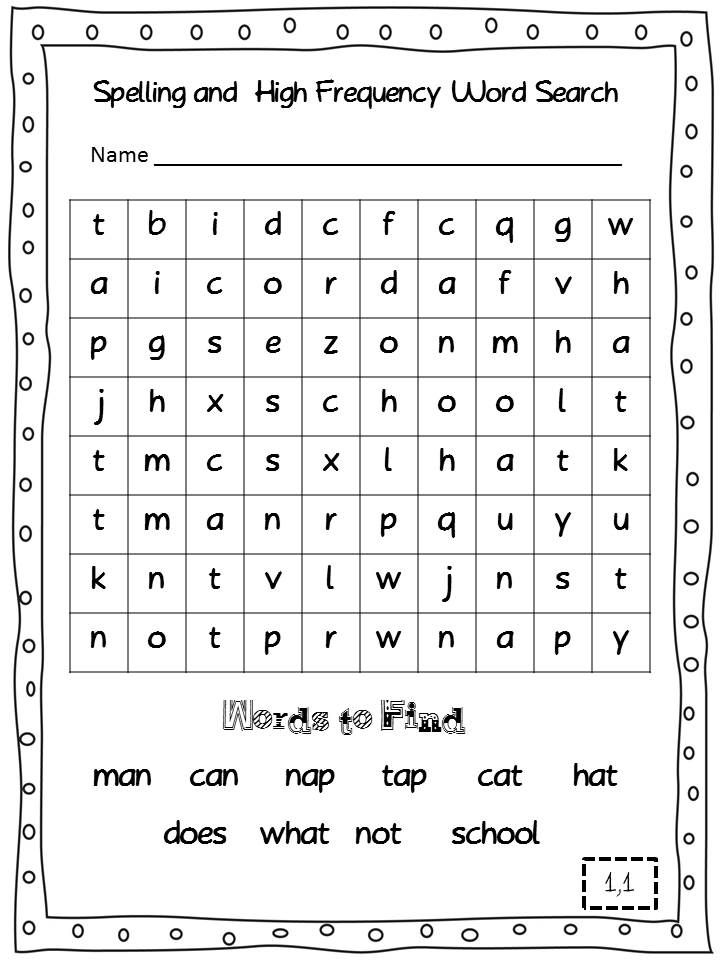 The pencil thought about how best to draw a picture. “Children help the pencil, make up a story. nine0003
The pencil thought about how best to draw a picture. “Children help the pencil, make up a story. nine0003
| Summer weather | autumn leaves | winter cold |
| Sky river fish | rain falling leaves | snow drift, ice |
| Fishing rod fun | migratory birds | snowman slide |
| In the morning in the air | days and nights | let's go for a ride |
It turned out like this picture (on the reverse side there is a picture of summer, autumn, winter, spring).
XI. The game "Syllabic Auction"
(name not objects, but actions of objects).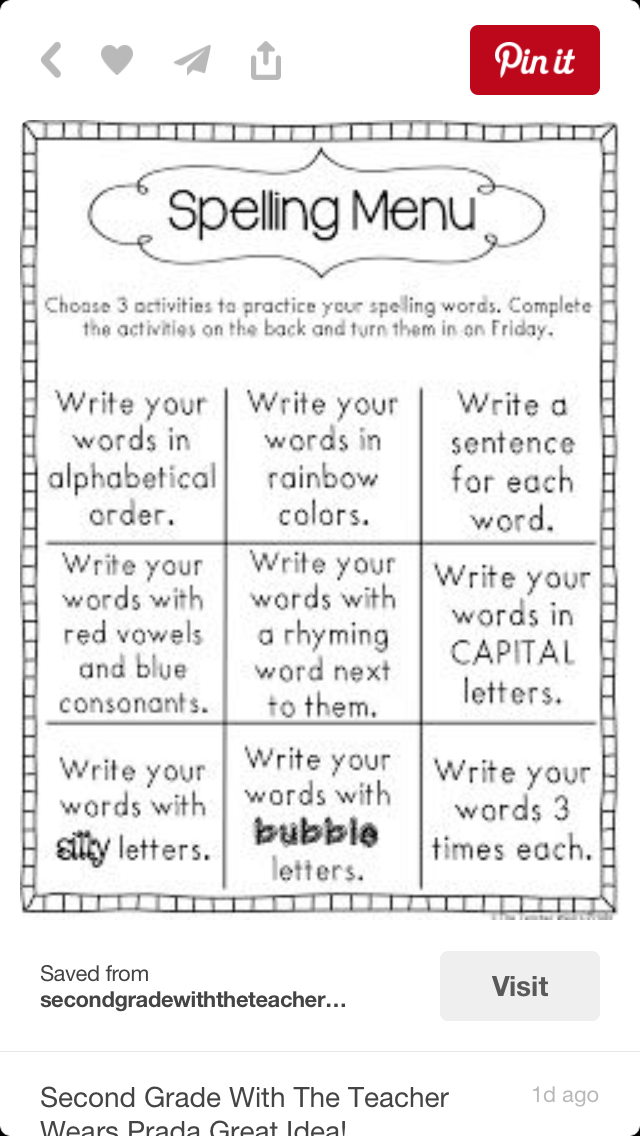 Yes(et), po(et), be(ret), zhi(et)…
Yes(et), po(et), be(ret), zhi(et)…
XII. The game "Chain of words"
The teacher writes down a noun on the blackboard, it is necessary to form a chain of words from it so that each subsequent noun begins with the letter that stands at the end of the previous one. Determine the gender and number of a noun
Fur coat - album - shop - legs - ... etc.
XIII. “Harvest”
(the names of vegetables are written on the cards) The essence of the game: the first student collects masculine nouns, and the other feminine.
XIV. The game "Think and write down"
The teacher will put the cut out consonants on the board: t, d, c, l. Students should write down as many words as possible with these unpronounceable consonants. For example,
| T | D | B | L |
| sad | star | hello | sun |
| known | holiday | feeling | ladder |
| heart | happy |
|
|
Conclusion
Game technologies allow creating favorable conditions for gaining knowledge of the Russian language.